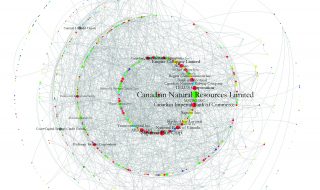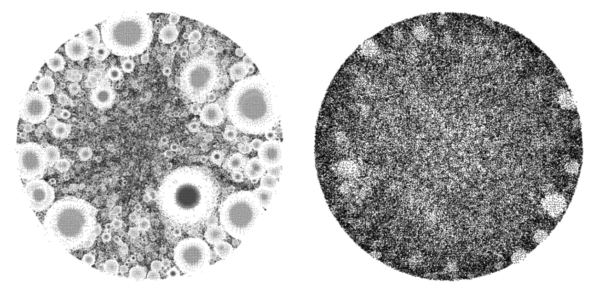A new blog (in Dutch) by the CORPNET group has been published by StukRoodVlees. The blog, “Wie vormen de (bedrijfs)elite?”, is written bij Jouke Huijzer and can be found here.
Abstract
Zaterdag publiceerde de Volkskrant voor de 12e keer de top 200 van meest invloedrijke personen in Nederland. De lijst, dit jaar opnieuw aangevoerd door Hans Wijers, voormalig minister van Economische zaken en commissaris bij verschillende Nederlandse multinationals, is meer dan een rangschikking van individuen. Het is volgens de Volkskrant ook een poging om de “gevestigde orde”, de “bestuurselite” of de “schaduwmacht van de notabelen” in kaart te brengen, met de regering “als het centrum van de macht”. Uit een database van meer dan 23.000 personen die actief zijn in grote bedrijven en bij belangrijke organisaties, wordt de lijst aan de hand van een netwerkanalyse van dubbelposities samengesteld. Vervolgens wegen de journalisten sommige organisaties en personen nog een stukje zwaarder waardoor sommige personen iets hoger en andere personen iets lager op de lijst komen.
Bij het samenstellen van de lijst worden een aantal beproefde en valide netwerkanalysemethodes gebruikt om de macht en invloed van de individuen te bepalen. Toch geeft de lijst op zijn slechtst een vertekend, en op zijn best een onvolledig beeld van de werkelijke bestuurselite in Nederland. Ten eerste omdat bij de lijst het primaat bij de politiek ligt en ten tweede omdat het onwaarschijnlijk is dat het establishment elk jaar precies even groot is. Waarom bestaat de lijst elk jaar uit 200 personen? Waarom bestaat de lijst niet uit meer of uit minder mensen en hoe bakenen we de elite op een juiste manier af?

